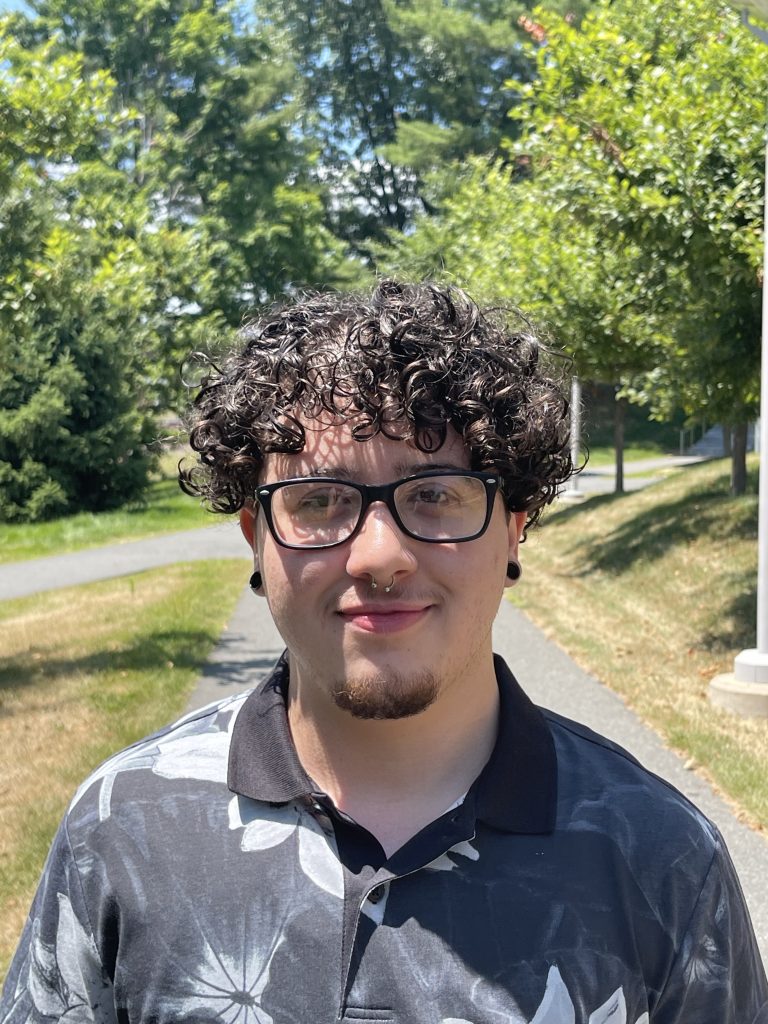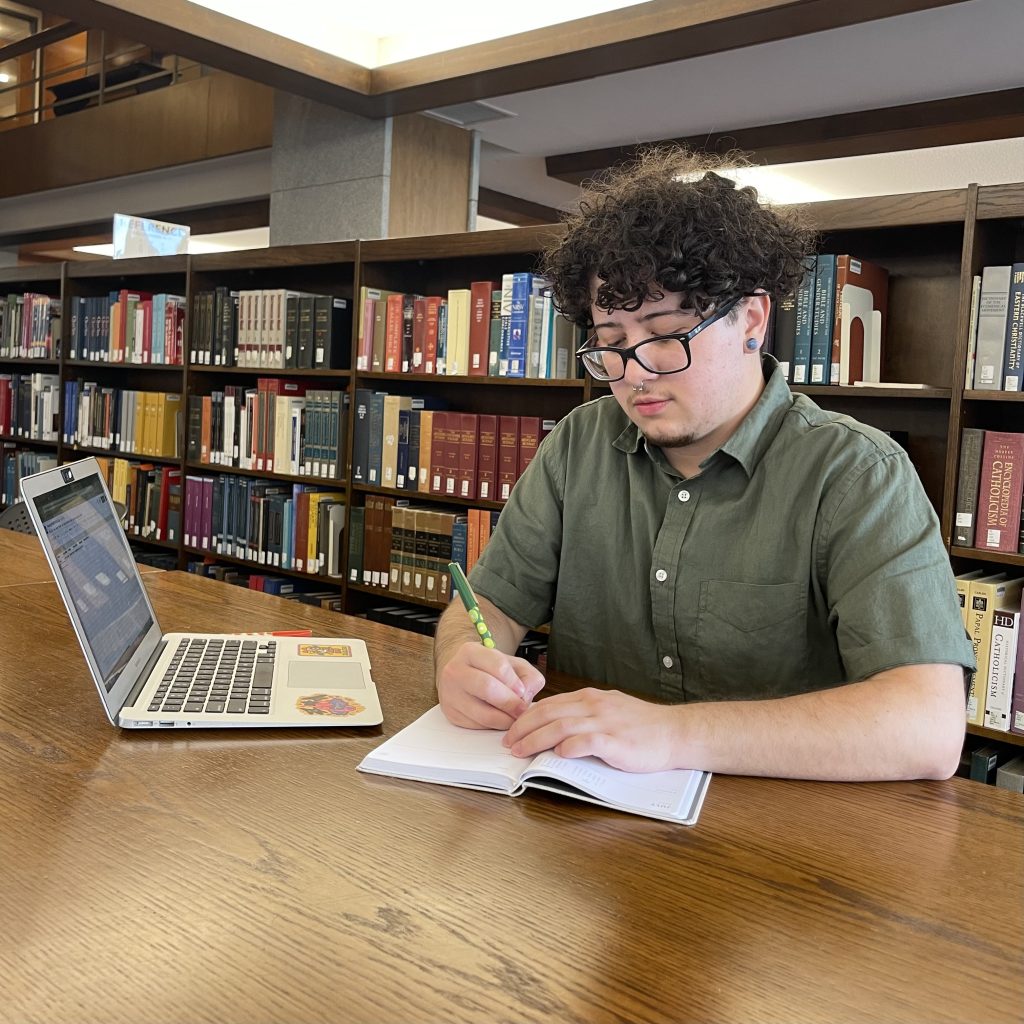

Guided by a passion for change-making and a commitment to social impact, Andres Segura ’23 has done just that — and plans to continue to effect positive change in the future.
When Segura began looking for his summer internship, like most Amherst College students, he turned to Handshake. While he found many internships of interest to him, his connections with the faculty and staff at Amherst College put him in contact with his future employer.
“I ended up being in contact with Casey Jo (former Meiklejohn Fellowship Program Director), who then helped me find [another internship where I could] get funded through the Houston Program. So honestly, it was through her, knowing about the fund, and reaching out to them that [I was able to apply for the fund].”
After an “informal interview” where Segura was questioned on his knowledge of reproductive justice, what he wanted to help with, and his motives for interning for the organization, he found himself remotely interning for the Abortion Rights Fund of Western Massachusetts.
According to Segura, the Abortion Rights Fund of Western Massachusetts helps with “advancing reproductive justice.” Segura discussed how the organization’s mission advances reproductive justice by expanding access to safe abortions. “A lot of like what we do, which is funding abortions and developing other sorts of services for helping people seeking abortions. [We are] helping people who might not have the resources to do it independently. Giving them a choice and the help [they need] goes into what reproductive justice is, and helping people have these choices over their bodies.”
Choosing to intern for a social impact organization came naturally to him because of his Sexuality, Women’s & Gender Studies (SWAGS), and Sociology double-major background. “I think wanting to help people, and specifically [help] community-based organizations that are mainly volunteer-based [is important].”
While Segura’s service-driven mindset led him to search for internships related to social impact, the financial support he earned through the Houston Program solidified his decision to intern for the volunteer-based organization. “I feel like having funding, for example, from the Houston Program and being able to go and help [social impact organizations]… was important as a FLI (First-Generation Low-Income) student.”
Segura’s freedom to choose an internship unencumbered by the financial burden allowed him to choose an internship that impacts the community. This sentiment was reflected in the numerous tasks he completed each week.
“[I’m] helping [two board members] out with projects they haven’t had time to get to or were working on and they just want to have more hands on deck. Sometimes I’ll go to certain board meetings or the separate committees …request that I go so that I could help with taking notes and just writing important things down that they’ll need to look at later. I’ve also been a part of volunteer outreach, especially with Roe v. Wade recently being overturned. There have been so many volunteers coming in and trying to volunteer. We had to manage that because there were so many, and we have to reach out and [tell them to], please be patient with us right now,” Segura said.
Although Segura’s internship ended on August 5, he stayed with the organization for the summer, working with the Abortion Rights Fund of Western Massachusetts in any capacity they saw fit. “Honestly, I’m expecting to stay with them as a volunteer. I feel like they do need help. So I feel like sticking around.”
Using the experience Segura gained from his summer internship, he hopes to further his ability to make a difference on a larger scale at an established organization. “I think [my internship is] relevant to what I want to [do in the future]. I guess I’m not entirely sure how I would [work at the fund], given the fund is a volunteer organization where they don’t have actual employees. I would have to find something that obviously is a job but still has the same mission, goals, and work. Helping community members directly is more relevant to what I want to do. I think being closer to the communities we’re helping is important.”
To learn more about funding your unpaid or low-paying summer internship, visit careers.amherst.edu.
